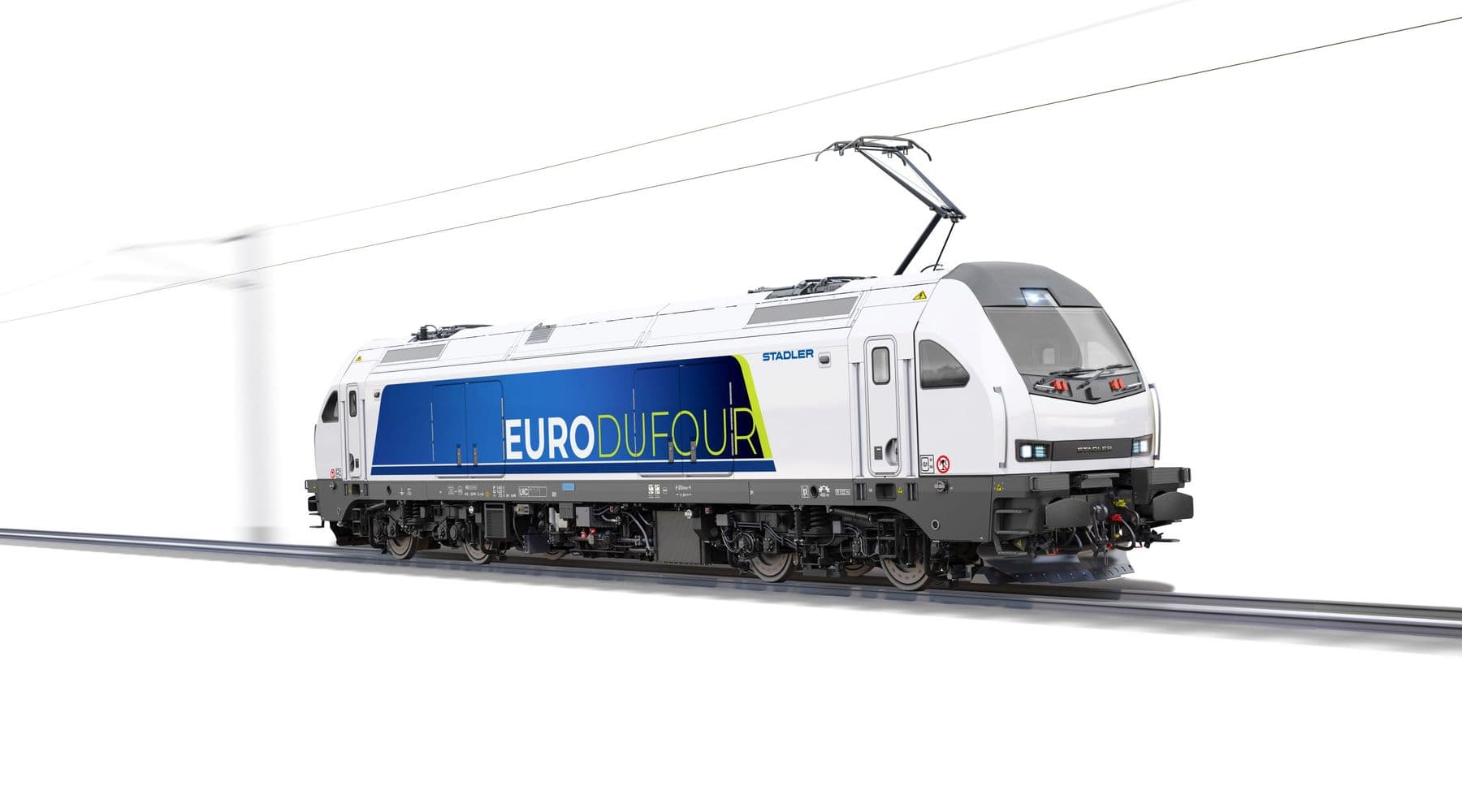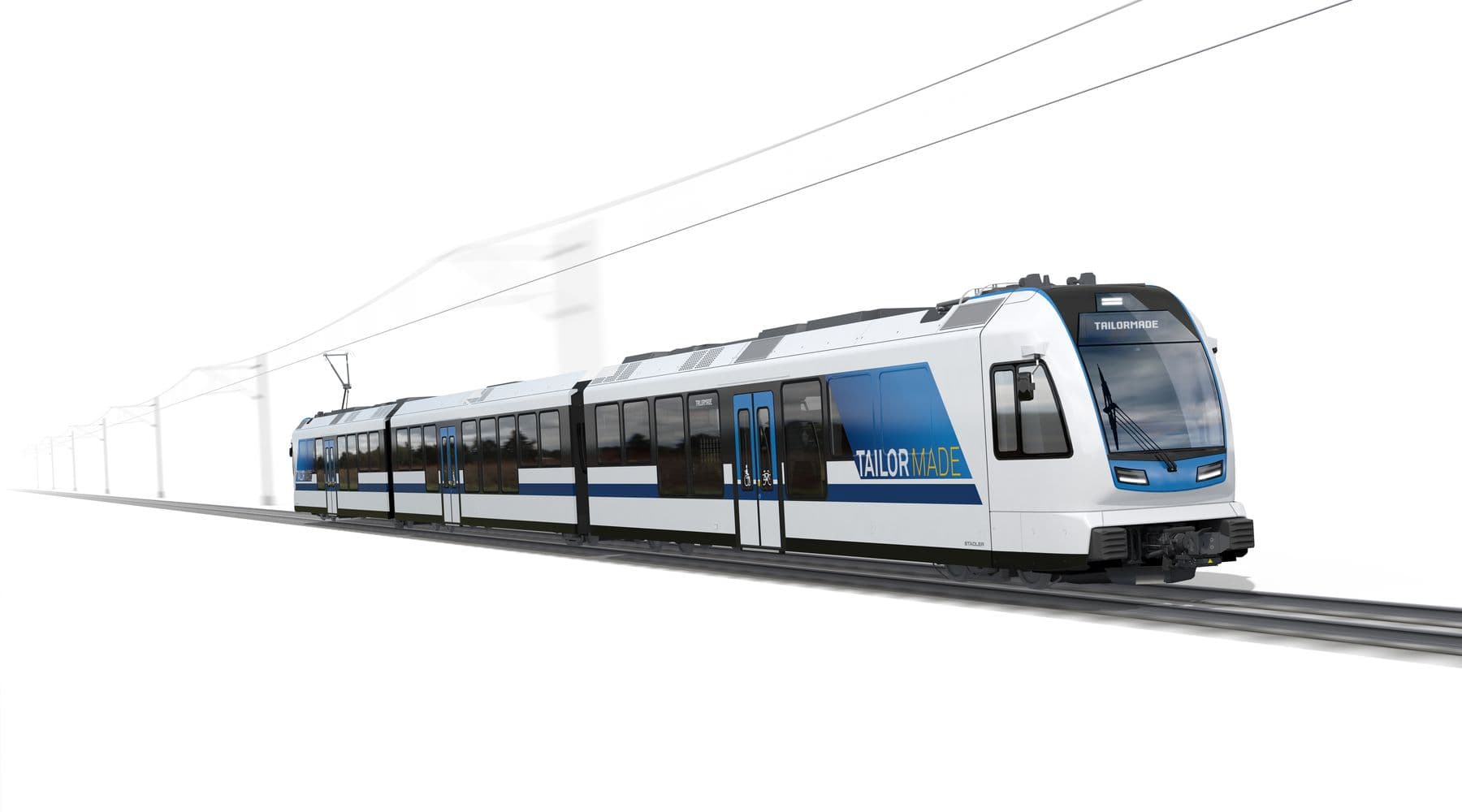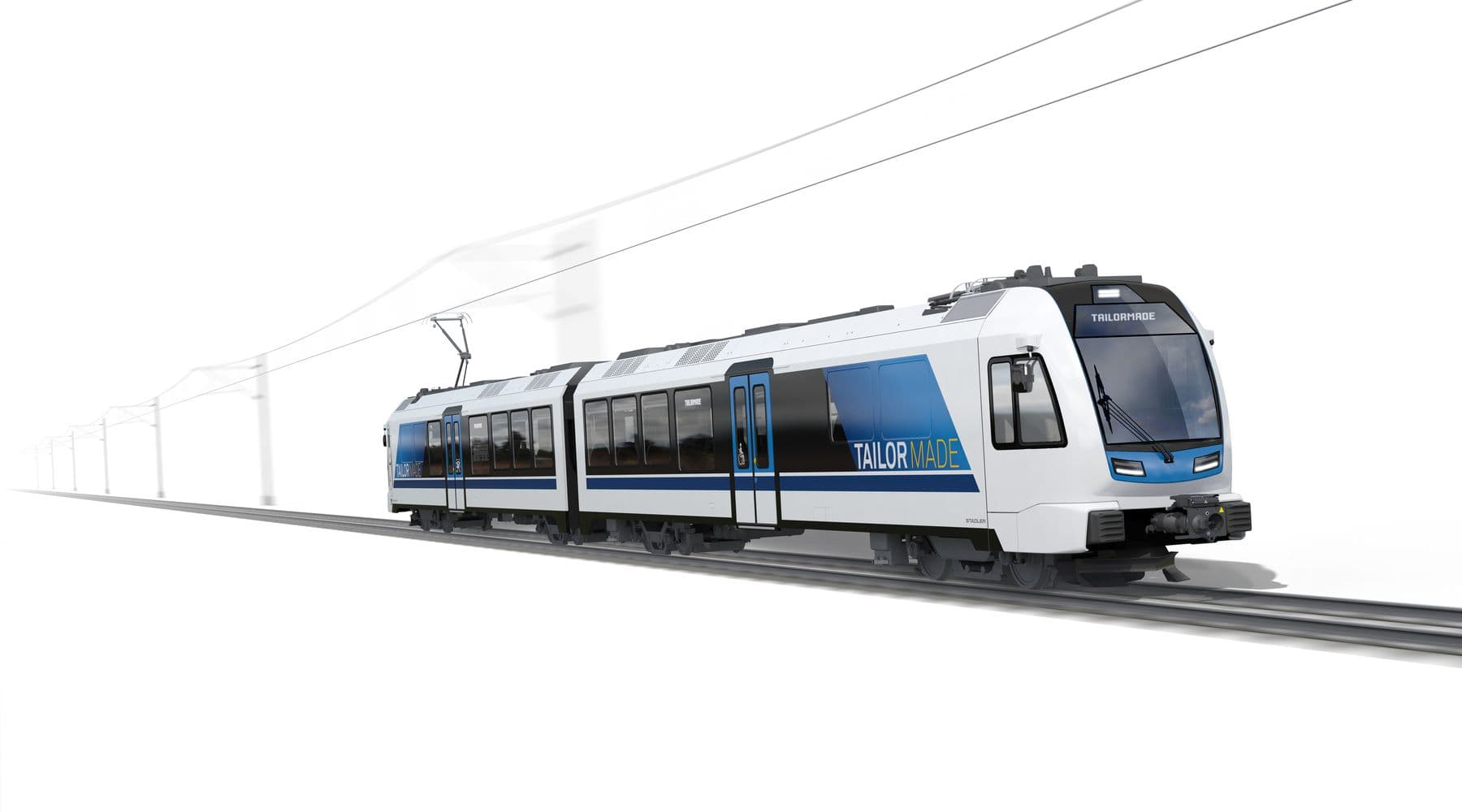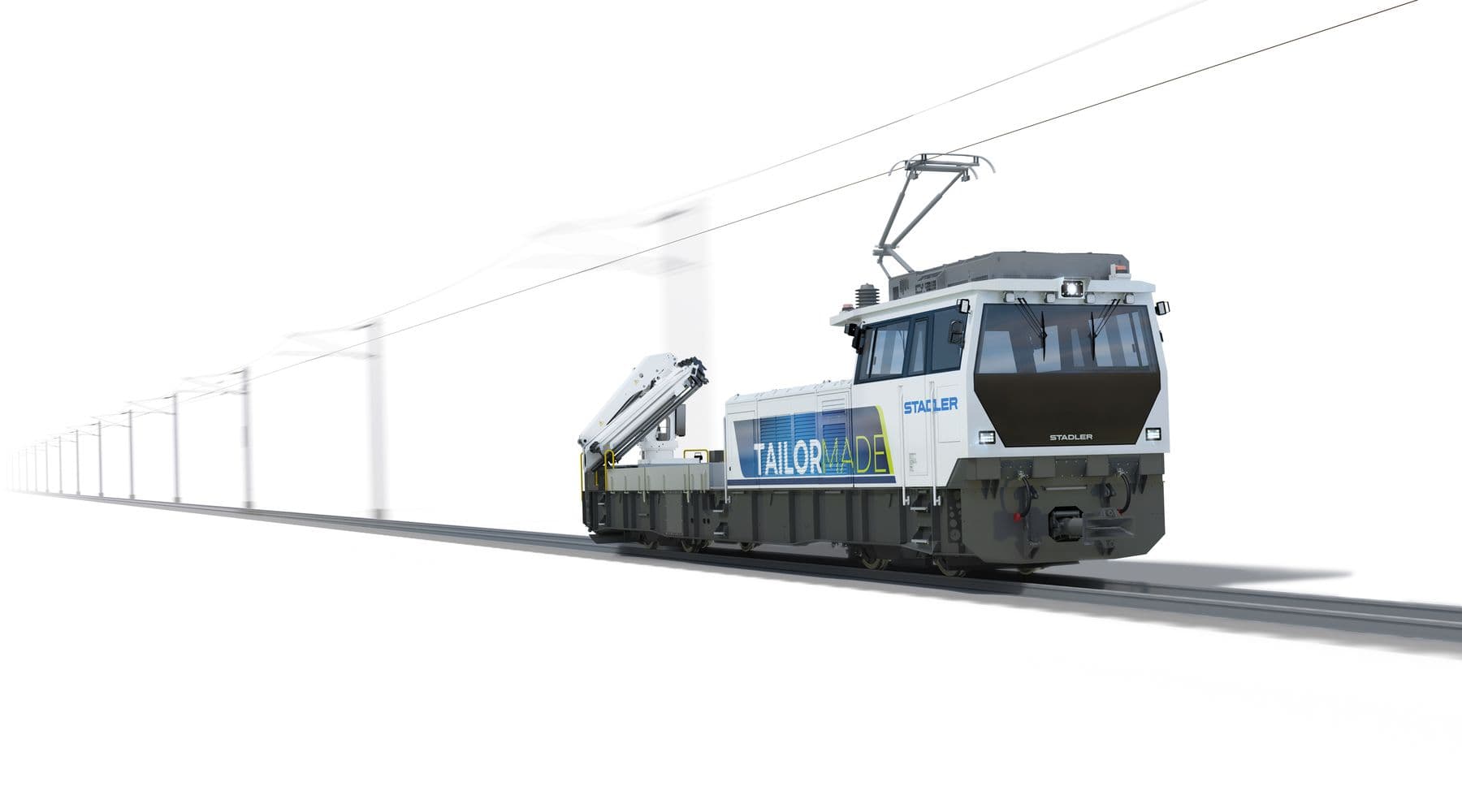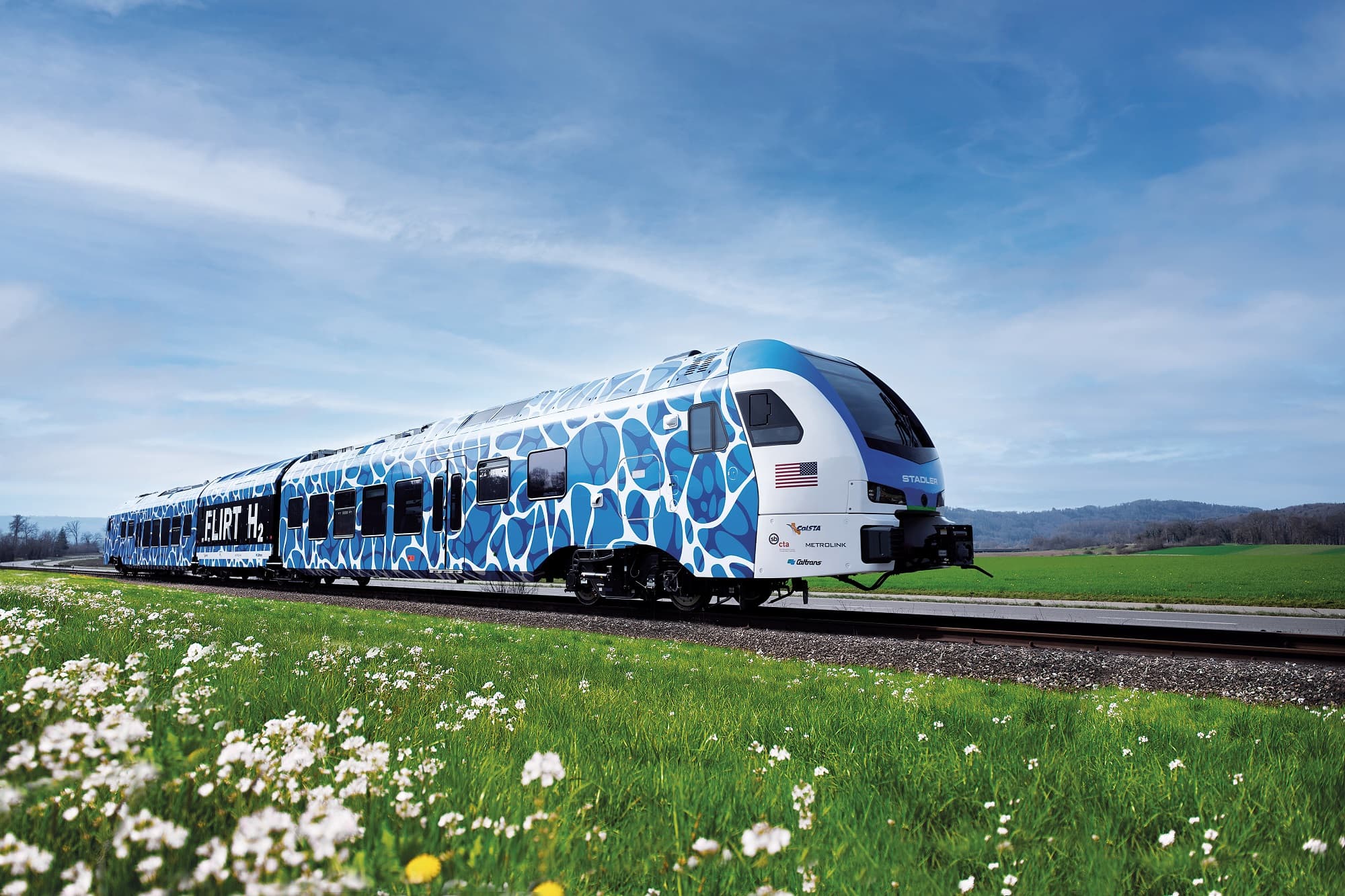Driven to lead
We do everything to produce the best rail vehicles in the world
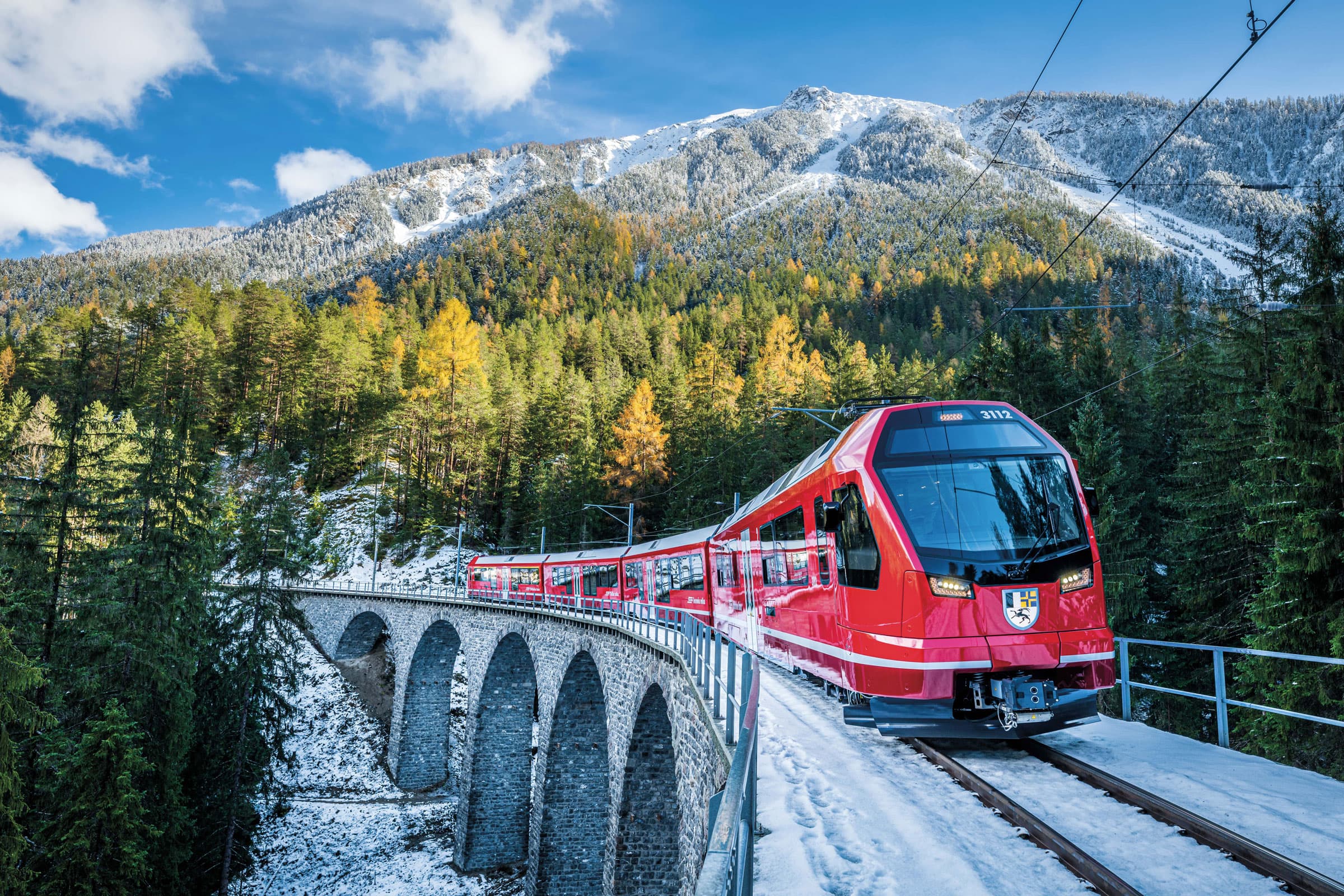
Facts & Figures
as of 2024
- order intake (in CHF)
- 0
- order backlog (in CHF)
- 0
- net revenue (in CHF)
- 0
- EBIT margin
- 0
- vehicles sold
- 0
- employees
- 0
Efficiency and reliability are the basis of Stadler's mobility solutions
Stadler develops the best rail vehicles in the world, as well as customised solutions in the areas of Signalling technology and Service.
Mainline
Urban
Locomotives
Tailor Made
Stadler on social media
Success Stories
Locations
- Production sites
- 0
- Component plants
- 0
- Engineering locations
- 0
- Service locations
- 0
Stadler locations worldwide
Careers at Stadler
Stadler's success is based on the passion and collaboration of entrepreneurial people who make the impossible possible. Any organisation that does everything for the best rail vehicles in the world needs the best talent.













